In Defense of Spirituality
For thousands of years spirituality played a major role in peoples lives. Today we live in a scientific age and most discard spirituality as superstitious. Can it be saved?
We live in an age of science and reason, with spirituality and the religions that support it often relegated to a superstitious and antiquated past. Yet spiritual experiences remain an undeniable fact of the human condition - can they be reframed as something science is yet to explain rather than something we should discard? Here’s a brief outline of the points I make in this post:
Historically speaking spirituality and religion were the ways human societies tried to make sense of their world and cope in the face of the unknown - famines, plagues, and what lies beyond the veil of death.
Today we know the world through science and the technology it leads to. We have become masters of our natural world to a staggering extent.
Science is founded on empiricism, the premise that knowledge is born of experience. However modern science has narrowed empiricism to mean simply what our instruments can measure and not all that we experience.
If we are empiricists in the strictest sense then the facts of experience are what scientific theories should explain. Discarding experiences because they can’t be explained by science is simply post-selection bias.
A complete theory of physics and a complete theory of consciousness might reground spirituality in a scientific framing and justify what it feels like: a profound and meaningful connection with the cosmos.
If we can face the unknown with curiosity rather than fear, then even if we can’t conquer death we can conquer our fear of it.
The Age of Intelligence
We live in the age of intelligence: the ability to navigate a complex information and decision-making landscape by formulating predictive models of how the world works, and using these models to guide our actions in the satisfaction of a goal or purpose. Machine intelligence is perhaps the ultimate triumph of our current age of scientific reasoning, the ability to mass-produce intelligent behavior by mastering the physical environment through advances in statistical methods, computing substrates, and deploying at-scale data centers and training runs needed to embed accurate world-models into statistical methods that run as code.
Intelligence and spirituality seem to be opposite ends of experience. Guiding our actions by intelligent cognition is to make rigorous and testable models, formulate hypothesis, engage in careful reasoning, and constantly prune our hypotheses in the face of experimental data. Spirituality is the complete opposite - an experience that is unexplainable, aligned with intuition, where we feel guided by greater forces or feel ourselves part of a greater whole without a rigorous or intelligent model of where this intuition comes from, what this greater whole is, or how we connect to it.
In the age of science and intelligence it seems that God is dead: the traditional role of religion as providing an explanatory framework to make sense of our lives and guide our decision-making has been relegated to the dustbin of antiquated superstition. We feel empathy and pity for the generations that came before us, who had to grow up worshipping a mythological pantheon that were more like opium to treat the pain inflicted by an unjust world rather than what they thought they were, an actual mechanism for improving their quality of life.
The Age of Spirituality
Western society has essentially abandoned spirituality as a valid means of acquiring information about ourselves and the world we live in. People who report experiences that are out-of-body, hospital patients that are medically ‘dead’ and then revived and report having seen a white light or their life flash before their eyes, or feelings of divine revelation are usually explained by scientific materialists as simple malfunctioning or hallucinations of a brain undergoing physiological damage, like a computer with a short-circuiting motherboard that produces nonsensical outputs.
It wasn’t always like this. For most of human history individuals faced the unknown and found meaning and purpose in life through religions, which are both cultural tools of maintaining social cohesion but also conceptual frameworks for seeking out and producing spiritual experiences. The design of temples, pilgrimages, diets, festivals and holidays, clothing, and daily rituals all provided a framework for inducing and then explaining spiritual states of being. People actively organized their lives in the pursuit of connecting with divine, unseen forces, to guide them through a world that was otherwise cruel, dark, and uncaring.
In this sense spirituality and religion were means of coping with lives that could otherwise be nasty, brutish, and short. Of gaining strength and resilience in the face of early deaths, brutal misfortune, in an era when diseases were not understood, when cities were not engineered to withstand earthquakes, when people lived at the whim of a planet that seemed to generate an unending supply of arbitrary hardship and misfortune and in a social order that had little room for personal advancement nor meritocracy.
But science changed all that forever.
Science as a Service
Rather than conquer the unknown and face down our fears by seeking solace in religious services, in the modern era we actively take up arms against a sea of troubles and by opposing end them - with science. We develop cures to diseases, learn to build resilient homes, harness the power of hydrocarbons, the atom, the sun, to engineer lives of abundance and prosperity largely free from the arbitrary suffering that characterized so much of pre-modern life.
Science is today both a cultural institution centered around academic careers in universities, but also a pragmatic method any individual can use in understanding how the world works. The core tenet of science is empiricism: that valid knowledge is borne of experience of the physical world, and not received as sacred wisdom from historical texts. More importantly science is a method that any person with senses and a brain can employ to circumvent the often fallacious pitfalls of human reasoning, like post-selection bias. Science demands we accept the world as it actually is and not simply how we wish it would work, and the reward for this humility in the face of nature is mastery over nature.
Yet science today has somehow not lived up to this original tenet of empiricism. Rather it has narrowed the set of acceptable facts to not be all of experience, but simply what our instruments can measure. If someone has an experience of the world that is not explainable by science, instead of taking this as a sign that our scientific understanding of the world is not complete we are most often tempted to to simply discard it as a hallucination, false memory, or malfunctioning brain.
In short, we’ve used science to conquer the unknown, because the unknown strikes us with fear. It has given us confidence and certainty in ‘what is true’ and this is re-assuring. We no longer fear the night because we have guns and flashlights. But in the dark recesses of the mind there are experiences that point to vast areas of the still-unknown - things like demons, angels, divine powers, memories of past lives, premonitions of the future. These things point to a nature of reality that is so extremely strange, so unknown, that it is terrifying. We discard these things as impossible given our understanding of physics, and therefore, they are false experiences.
In short, our confidence in scientific knowledge as it stands today motivates gaslighting ourselves into disbelief of experiences that could otherwise be profound, enlightening, and point the way towards even greater discoveries as to the nature of reality. Ironically, the greatest physicists in history have often become the strongest advocates of the reality of spiritual experiences. They have learned humility in the face of nature and understand that empiricism is the ultimate teacher. It’s the hubris of the overconfident student, who has not yet faced the constant uncertainty and doubt that comes from producing a genuinely new scientific theory, and instead is willing to arrogantly discard anything that does not fit the received wisdom of his sacred texts - the scientific consensus.
Towards a Scientific Spirituality
The hubris of the science advocate and the humility of the true scientist create a cruel joke today: the scientific consensus is viewed as sacred doctrine and experiences that do not fit within it are discarded as falsehoods. We don’t just gaslight ourselves, we actively practice a kind of post-selection bias that is a complete contradiction of the principles of empiricism. What has been ‘proven’ by scientists is, to the non-scientist, simply the new religious dogma that tells them what is true or false regardless of their experience of the world.
Well here’s a crazy idea: what if experiences are real? Furthermore what if the reality of those experiences at the time we have them closely matches the reality that we must ultimately explain to have a complete scientific understanding of the world?
There are two crowning achievements of science that still lie in our future, but might show the way towards understanding spiritual experiences for what they are, instead of discarding them as things which don’t conveniently fit the set of available narratives. They are:
A complete theory of consciousness, in which we are able to accurately understand the biophysical processes underlying cognition, thought, decision-making, internal reflection, and so on, such that for any given experience we can correctly identify the biophysical mechanisms responsible for supporting that experience.
A complete theory of physics, such that we understand the set of principles which animate the universe, drive the evolution of physical systems, the apparent trend towards both greater entropy as well as greater information complexity supported by life.
In short, we need to understand who the hell are we and where the hell are we before we are in any position to say which experiences we can safely discard as the deceptive outputs of a malfunctioning brain, and which experiences actually point the way towards profound new insights as to the nature of nature. Emerging from the frontiers of neurophysiology are theories like quantum computation and biophotonic emission; likewise from the frontiers of physics concepts like the holographic universe, entanglement, wormholes, the multiverse, and possibly the lack of a single objective reality with events agreed upon by all observers - these frontier conceptions of scientific reality leave a crack in the door of what is real that we’ve pushed open once before 100 years ago with the advent of General Relativity and Quantum Mechanics. We thought we had everything figured back then except for a couple loose ends, pulled on those threads, completely unraveled how we thought the world worked, and once again we stand smugly as a society while a few scientists are now pulling at a few more loose ends.
The contention for where we stand today in science is simply this: that reality is far far stranger, and also terrifyingly more beautiful, than anyone could’ve guessed, despite our repeated mantras we have it all figured out. It happened before, it’ll happen again. Count on it.
In that terrifying beauty of the unknown lies the potential for a scientific spirituality, one in which we don’t need to face down our fear of the unknown by arrogantly memory-holing profound experiences or denying the experiences of millions of people over thousands of years. But rather, like true empiricists, we face the unknown with curiosity; a grounded playfulness with ideas motivated by an open mind, and a sincere motivation to find the truth no matter how disconcerting.
The truth we find in understanding spirituality, however, will only be disconcerting to the people who have denied spirituality altogether. Those who are viciously selfish pragmatists seeking only money and hedonic reward under the assumption that death is oblivion so you might as well get yours while you can while living fear of something every person must face, their own mortality. That is the true promise of merging science and spirituality; that rather that simply conquer death, we conquer our fears.
At the end of that tunnel we might just find that death is nothing to be afraid of, simply the beginning of another journey, and one that demands you live this life aligned with both science and spirituality. Whether the final frontier of death is a dreamless sleep or the start of something greater, aligning yourself with both science and spirituality teaches you a simple truth: to develop the strength to tackle the things you can change, and the courage to face the things you cannot.




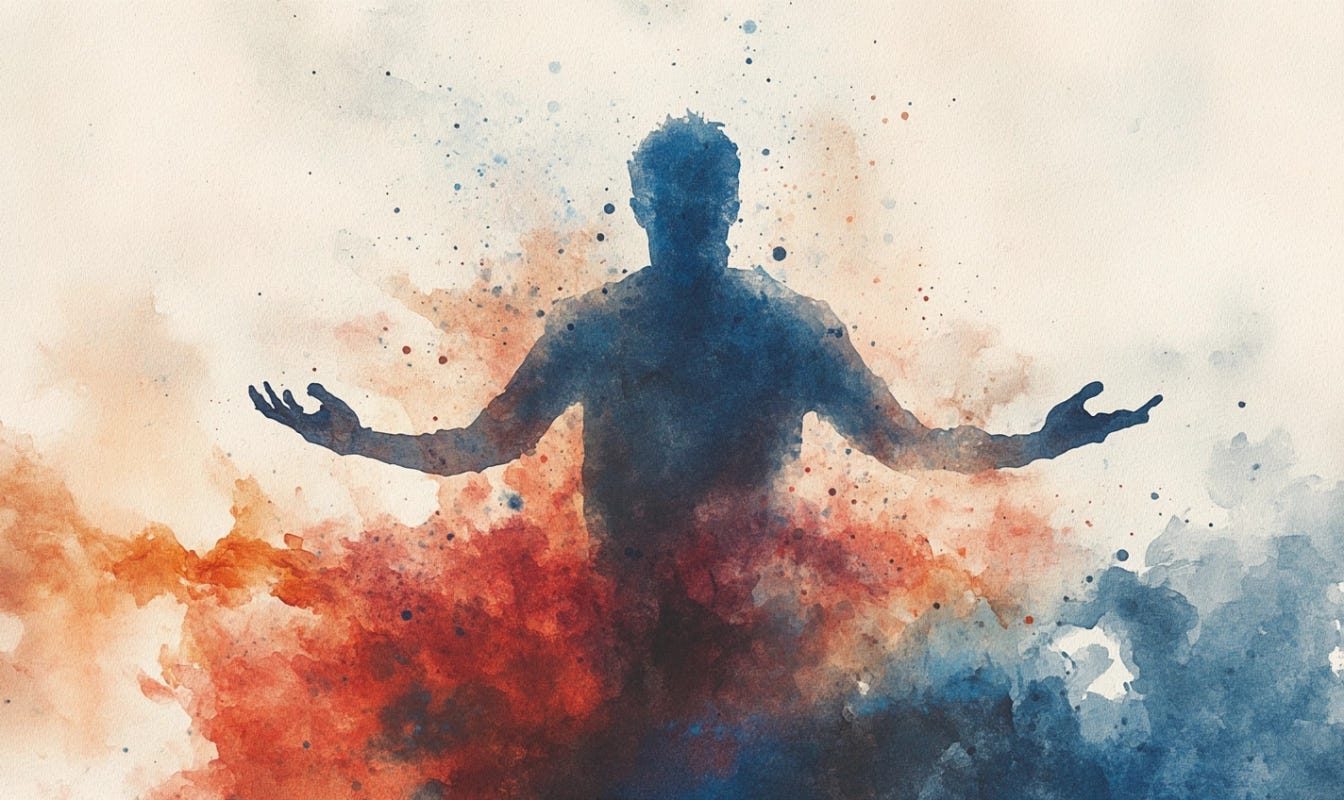
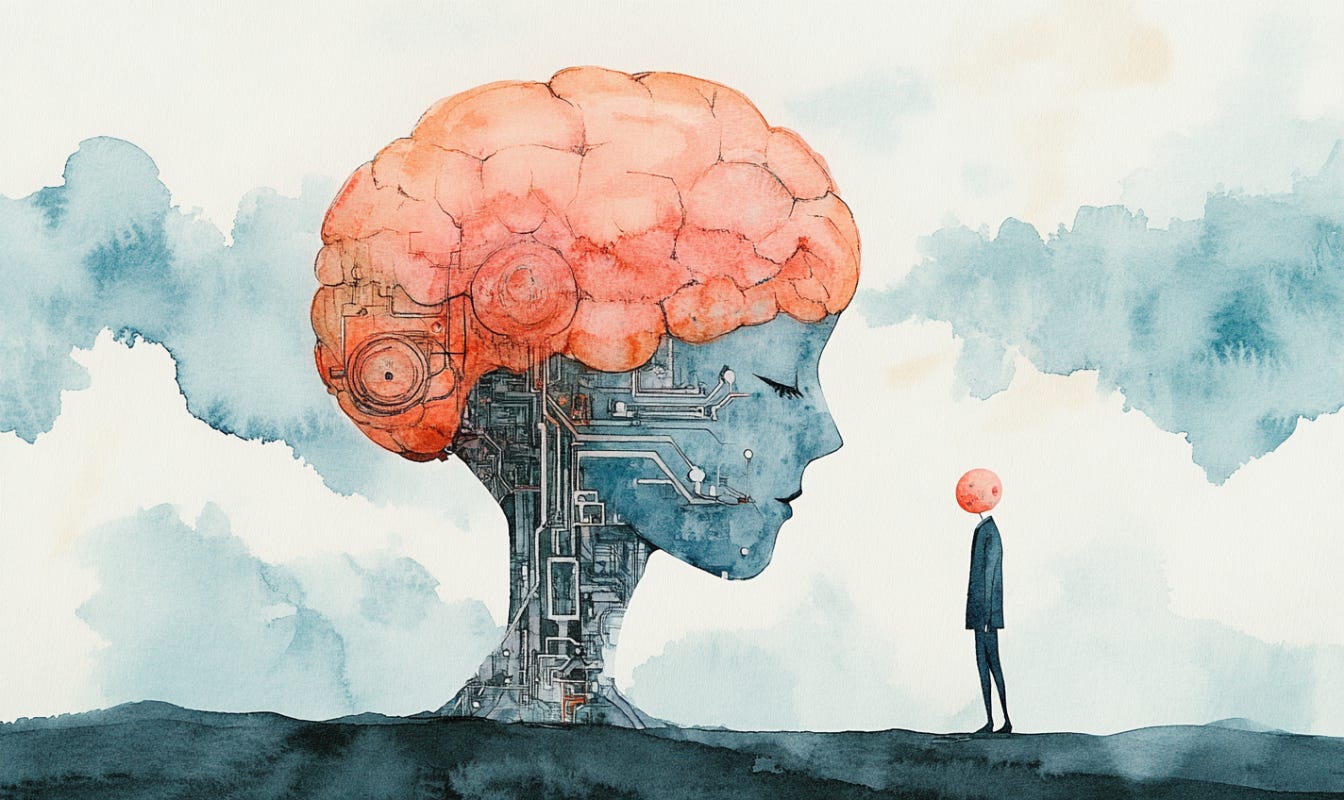
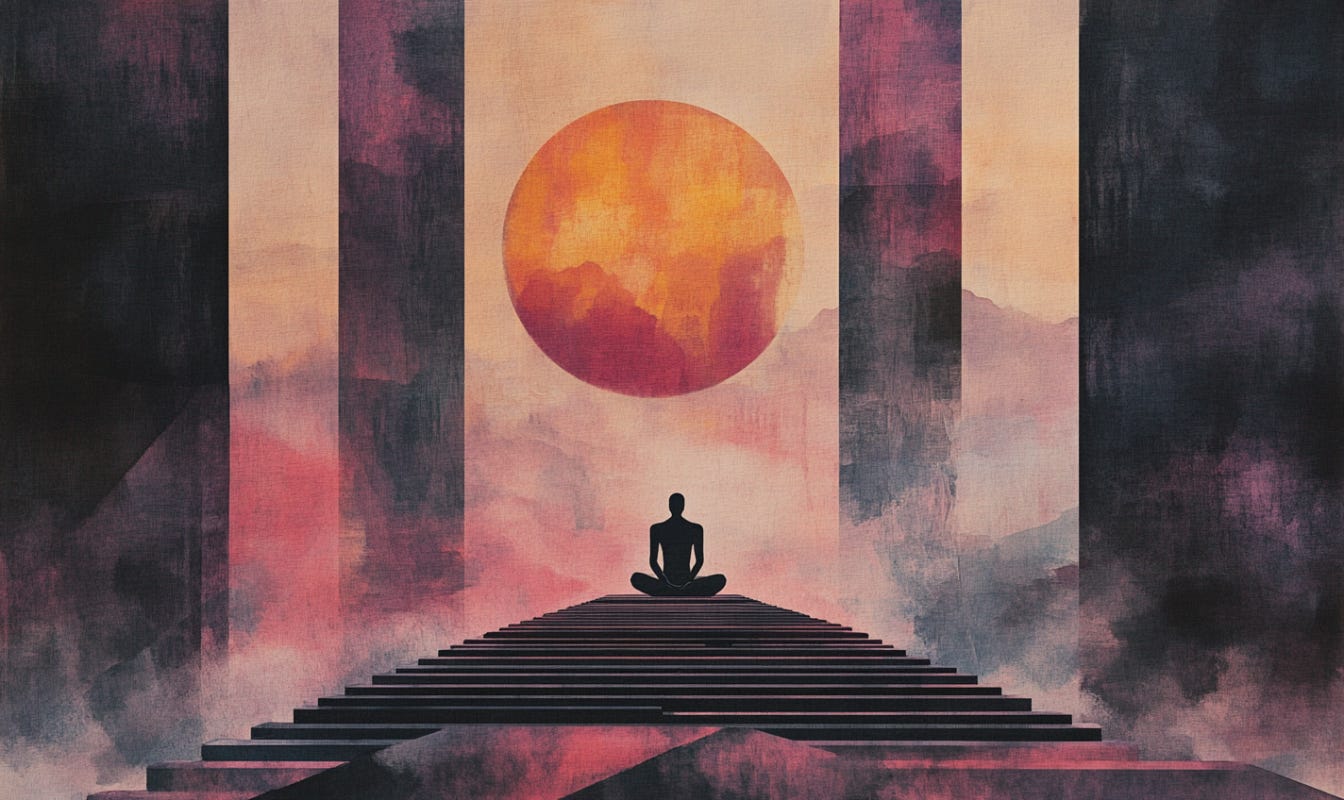
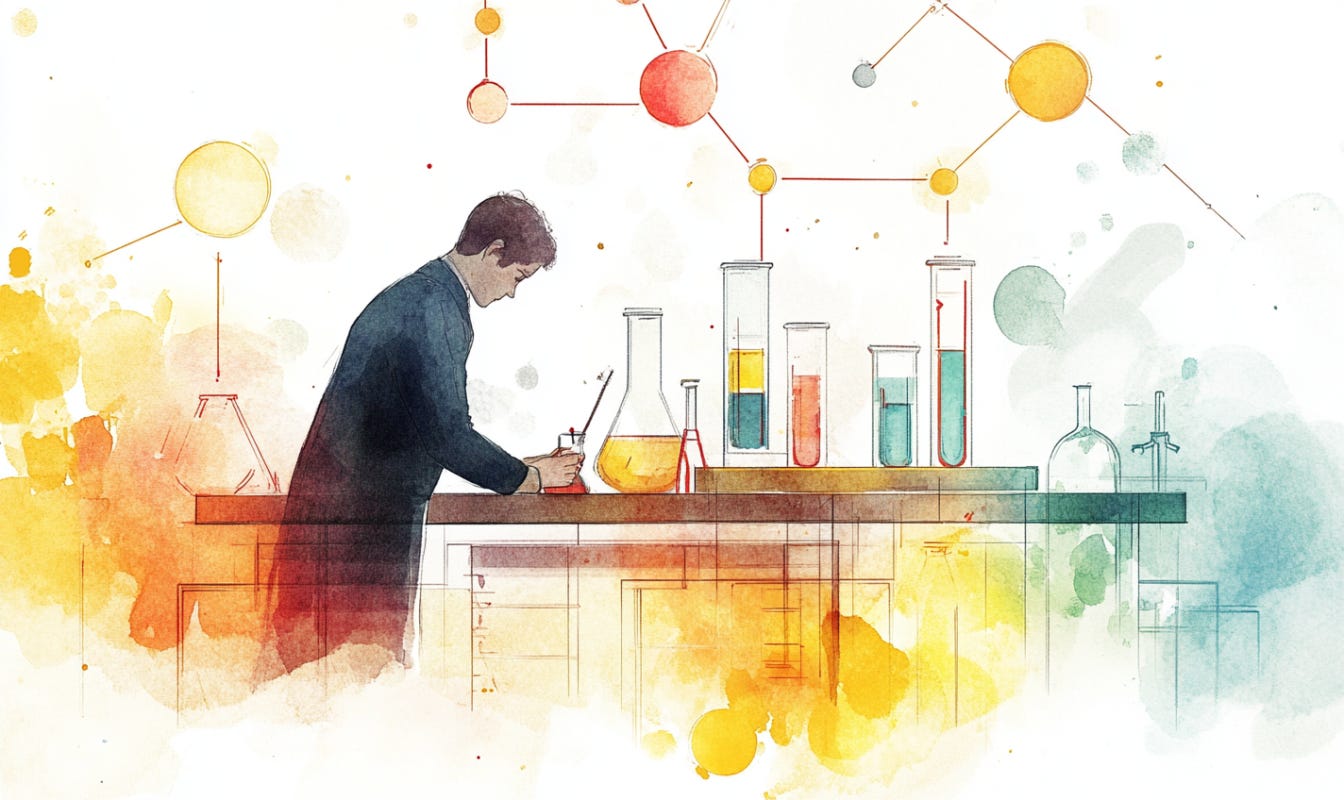
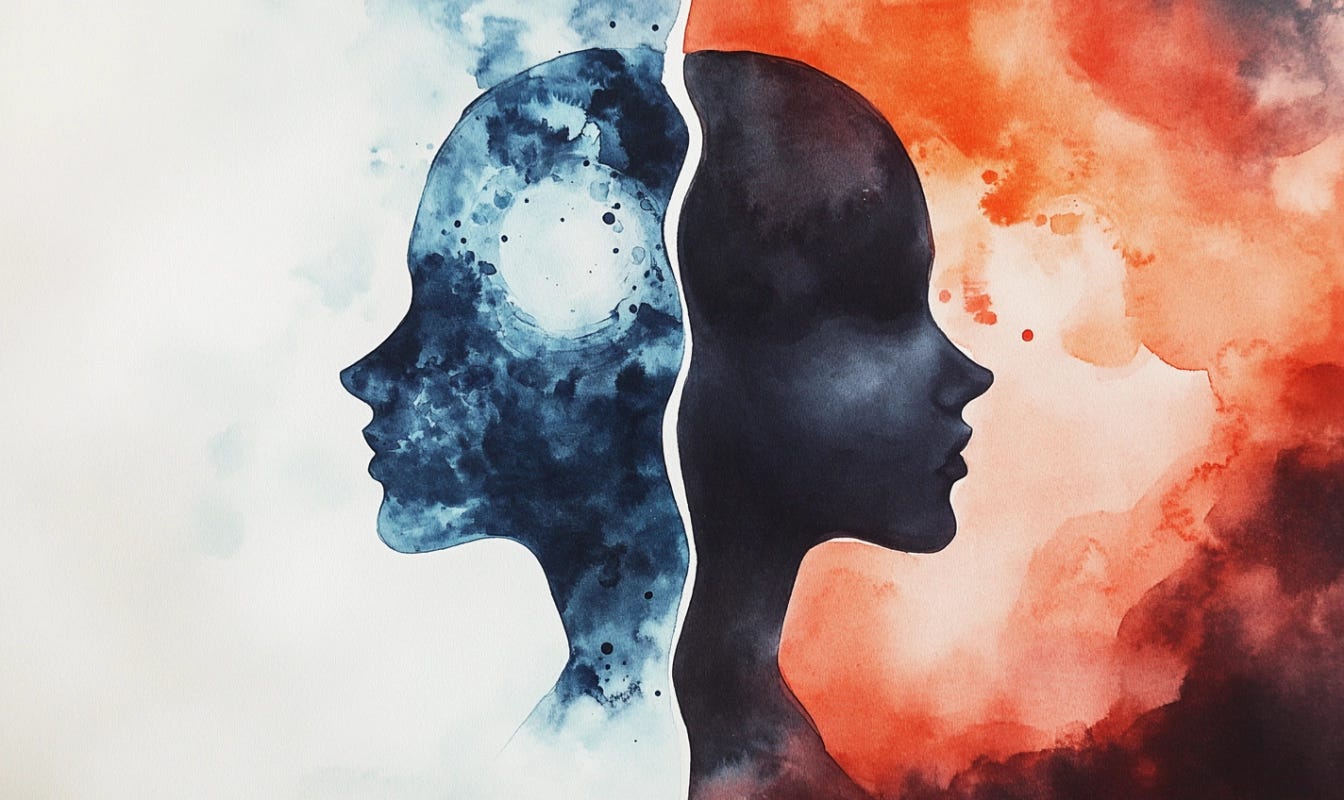
Great post. Science has become nothing but religion and most adherents are insanely dogmatic. Anything that goes against the tenets of "Science" is labeled as heresy and the media acts as the Grand Inquisitors to those who question scientific edicts while those in the scientific fields are the priests of this new religion. Not sure when things changed but in the late 19th century the practice of spiritual science was not thought of as something followed only by cranks, spiritual scientists such as Rudolf Steiner and William James had large followings. Thankfully some modern quantum physicists, such as Ervin Lazlo and Kingsley Dennis, have continued James/Steiner's work and are proving that concepts such as the Akashic Field are real.
An excellent sharing, thank you. I find this very soothing and refreshing. I am a scientist and a spiritualist, I act "as if", remaining humble that I have my own map of the territory, and choosing to use my intuition and to believe that we all have Souls. I am happy to have come across your well expressed viewpoints as I was thinking that I may be one of the very few who have similiar perspectives as you. It' s exciting to me to dream about Quantum Science and creatives creating a scientific spirituality. Thanks again!